On the morning of November 17, Prime Minister Pham Minh Chinh chaired a special Government meeting on law making in November 2023.
Concluding the meeting, Prime Minister Pham Minh Chinh gave his opinions on each content of the law-making proposals; assigned the ministries and branches in charge and the Deputy Prime Ministers in charge of completing the law-making proposal dossier.
In particular, with the proposal to develop the Electricity Law (amended), the Prime Minister emphasized that electricity development must ensure energy security for the country, safety in electricity use and energy saving; have a mechanism to mobilize resources, socialize investment and construction of electricity projects; ensure healthy competition and fight against monopoly.
For the development of renewable energy and new energy, research is needed to create a breakthrough mechanism in investment, exploitation, and effective use of new energy sources. The content of electricity trading activities needs to be researched and built towards a competitive, transparent, fair, and efficient electricity market and electricity prices according to market mechanisms.
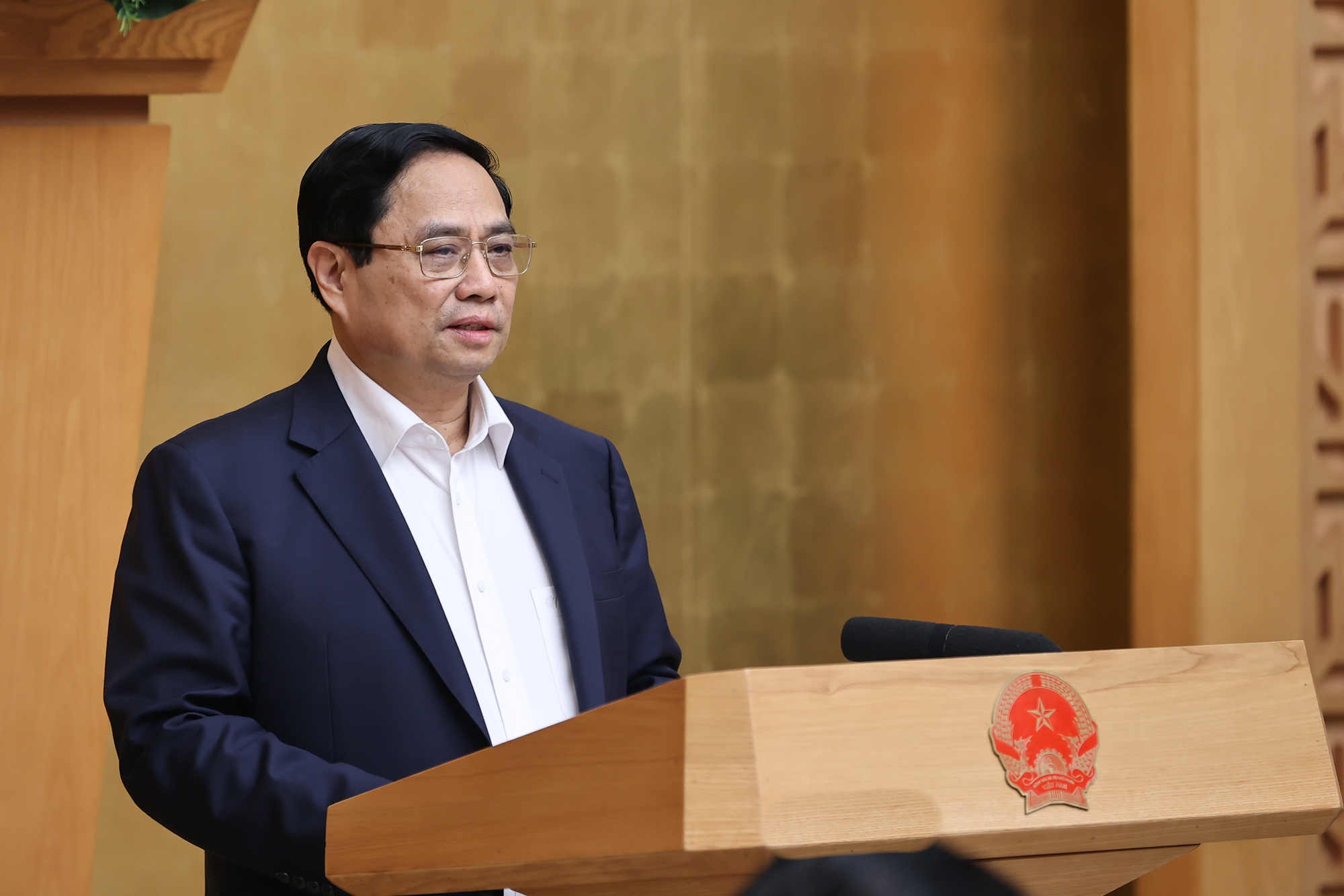
Prime Minister Pham Minh Chinh concluded the meeting (Photo: VGP).
The Prime Minister said that in the 11 months of 2023, the Government has done many things, invested efforts and resources commensurate with strategic breakthroughs; achieved many advances: Organized 9 thematic meetings on law-making, giving opinions on 40 contents. Of which, there were 16 proposals for law-making; 14 draft laws and 10 other contents...
Considering that the work of law-making and institutional improvement still has limitations and the tasks are still very large, the Prime Minister requested ministries and agencies to closely coordinate with the National Assembly Office and agencies of the National Assembly to prepare documents and receive opinions from the National Assembly Standing Committee; complete draft laws and reports to submit to the National Assembly to ensure progress and quality, first of all, draft laws and reports to be submitted to the 6th session. Issues beyond the authority must be urgently reported to the Government and the Prime Minister for consideration and direction.
The Head of Government also assigned ministries and branches to complete, accelerate and improve the quality of drafting and promulgating legal documents.
In particular, the Ministry of Justice shall preside over and coordinate with ministries, branches and localities to organize a summary of the implementation of the Law on Promulgation of Legal Documents; propose recommendations to perfect the law-making process under the direction of Deputy Prime Minister Tran Luu Quang; urgently study and propose amendments to Decree 34/2016/ND-CP and Decree 154/2020/ND-CP detailing a number of articles and measures to implement the Law on Promulgation of Legal Documents.
"Ministries and sectors review issues and contents that need to be added to the 2023 law-making program and the 2024 law-making plan," the Prime Minister requested. Given the urgent difficulties and problems arising in practice, it is necessary to have both temporary solutions and to amend regulations in a fundamental and long-term direction.
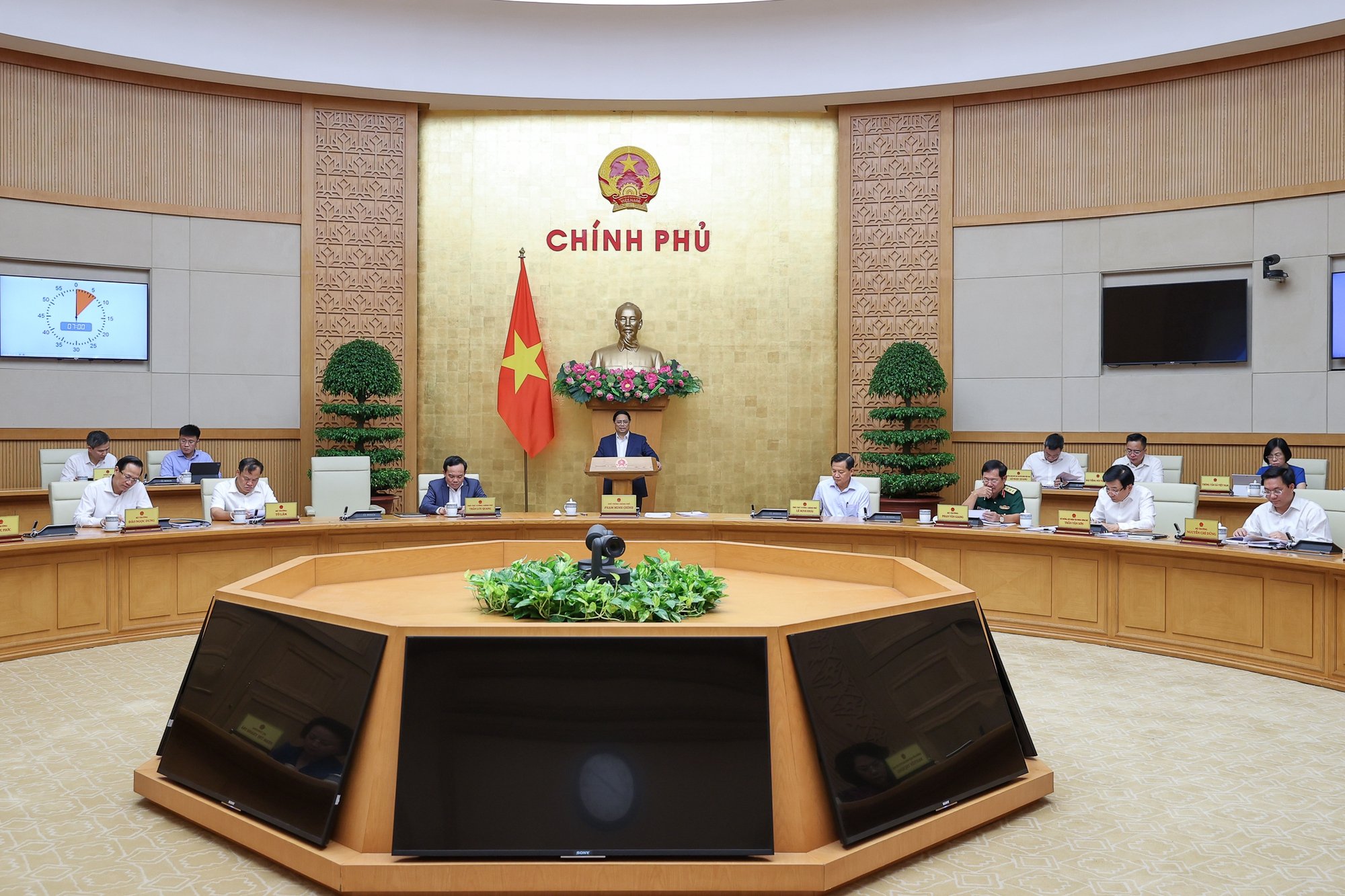
Special Government meeting on law making in November 2023 (Photo: VGP).
The Prime Minister requested the Government Office to urgently develop and submit amendments to the Government's working regulations in order to speed up the progress of developing and submitting draft legal documents; promote the responsibility of leaders; and clarify the mechanism for handling and deciding on major issues with different opinions.
Ministers, heads of sectors and deputies attending the meeting must have a unified perception, speech and action based on the principle of democratic centralism, "what is said must be done, what is issued must be implemented".
Prime Minister Pham Minh Chinh especially noted that ministries and branches must ensure the progress of submission, improve the quality, discipline and order in the development and promulgation of documents; review, decentralize and delegate power in conjunction with resource allocation, enhance implementation capacity for subordinates, simplify and reduce administrative procedures, and minimize compliance costs for people and businesses;
Removing difficulties, adapting to new conditions; controlling administrative procedures right in the process of building and promulgating laws; paying attention to building regulations to promote the application of information technology, digital transformation, green transformation; fighting negativity, corruption, group interests, and localism in law making .
Source






















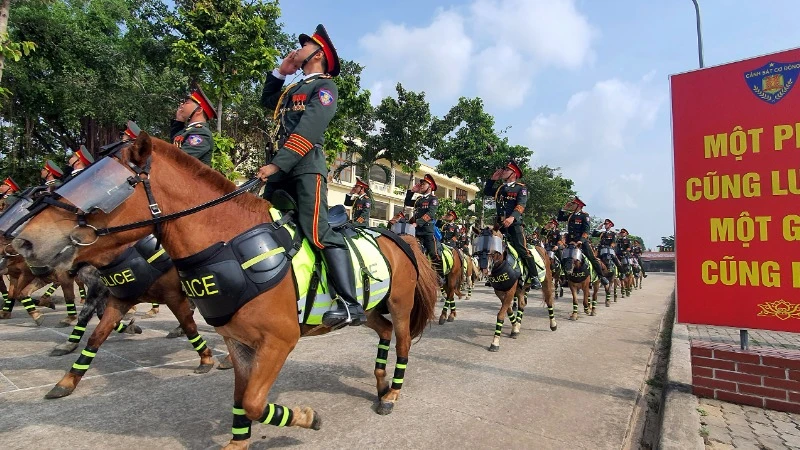












































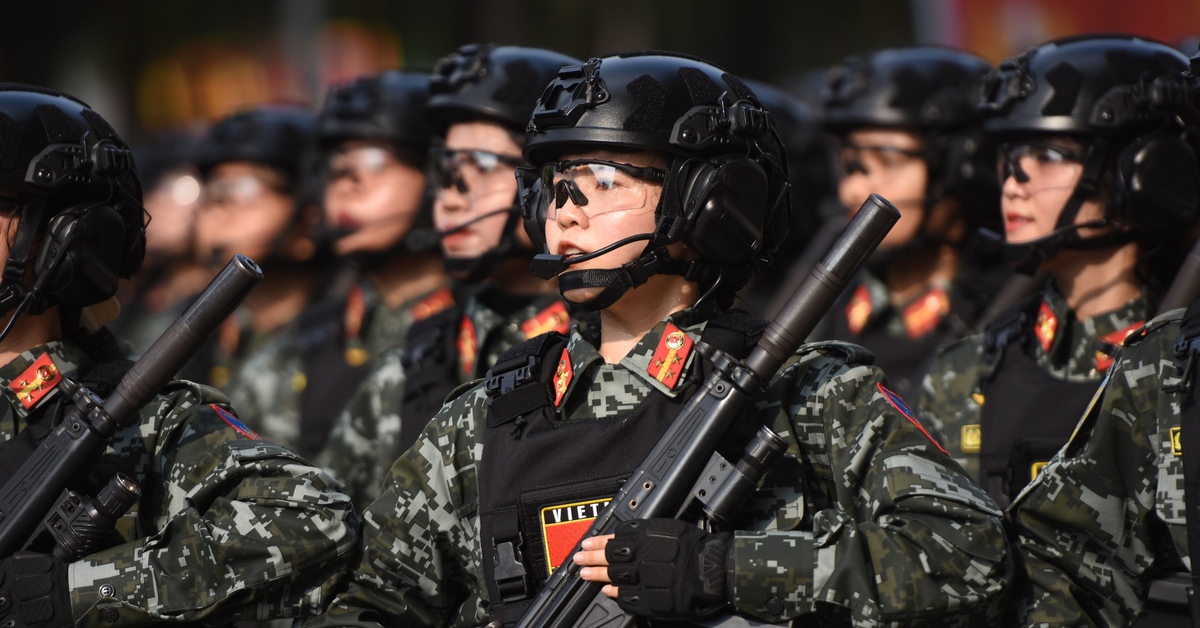







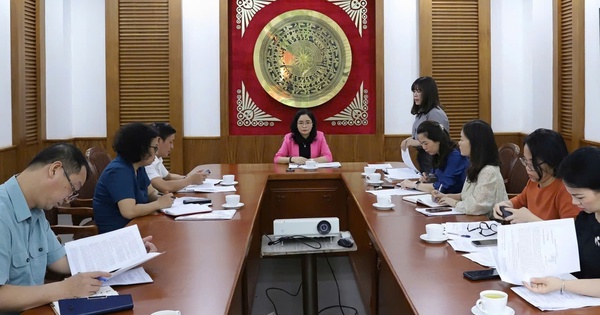

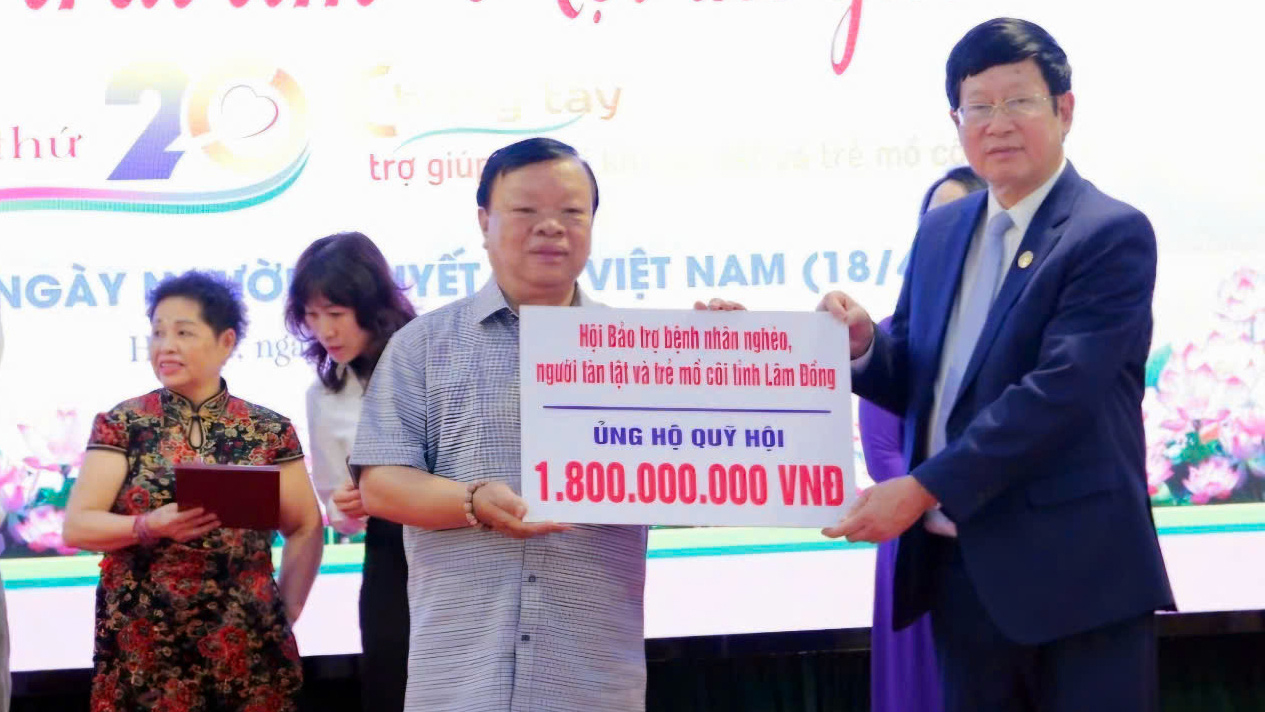

















Comment (0)